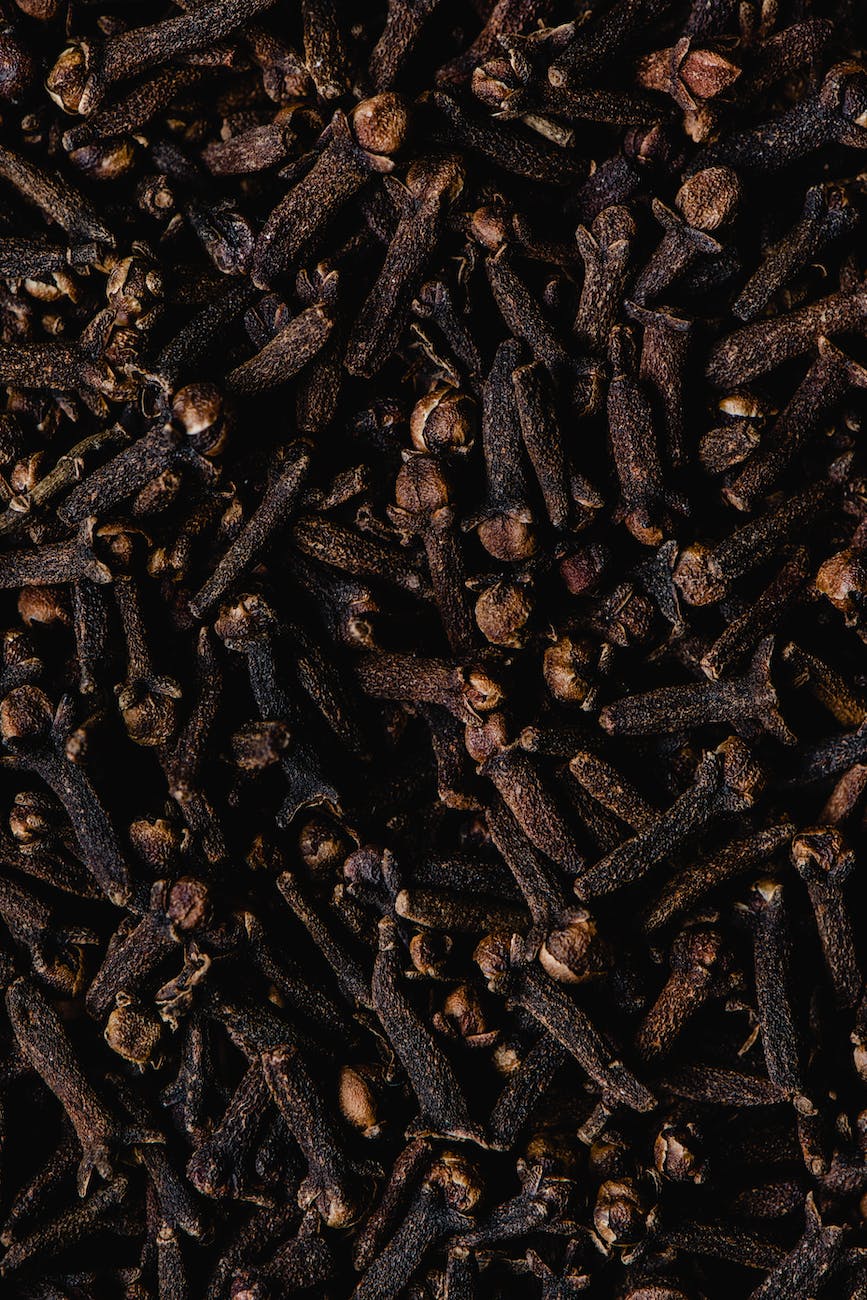
Cloves, derived from the aromatic flower buds of a tree known as Syzygium aromaticum, are native to the Maluku Islands (or Spice Islands) in Indonesia. People worldwide have used these potent little buds for centuries for their culinary and medicinal properties. Still, just like any other food or spice, they are not without their side effects. 🌳🍂
Today, we will delve into the potential side effects of cloves and provide useful guidance for their consumption. Keep reading to discover the dark side of this seemingly innocent spice. 👀👇
1. Risk of Increased Bleeding 🩸
Cloves contain a significant amount of eugenol, a compound that can act as a natural blood thinner. For most people, this isn’t a concern, but those with bleeding disorders or taking anticoagulant or antiplatelet medications should exercise caution. 🚫💊
This risk extends to surgical procedures, so it’s advised to stop using cloves (especially in large amounts or clove oil) at least two weeks before scheduled surgery. 🔪⛔
2. Allergic Reactions 🤧
Although not common, some people may experience allergic reactions to cloves. Symptoms can include skin rashes, hives, swelling, or difficulty breathing. If you suspect you have a clove allergy, it’s best to avoid this spice and seek medical advice. 🚑⚠️
3. Potential Damage to the Digestive System 🤢
Consuming cloves in large quantities can lead to gastrointestinal issues. Symptoms can range from nausea, diarrhea, abdominal pain, and even gastric ulcers. Moderation is key when it comes to consuming this aromatic spice! 🔑🍽️
4. Respiratory Issues 😷
Inhaling the dust from cloves or the concentrated fumes from clove oil can lead to respiratory problems. These can include shortness of breath, a sore throat, or coughing. It’s always best to handle cloves and their oil cautiously, especially in enclosed spaces. ⚗️💨
5. Risk to Pregnant and Breastfeeding Women 🤰🤱
Though there isn’t enough reliable information about the safety of taking cloves in medicinal amounts during pregnancy or breastfeeding, it’s best to err on the side of caution. Stick to food amounts of cloves during these times, or better yet, consult with your healthcare provider. 👩⚕️👨⚕️
6. Dental Damage 🦷
While cloves and clove oil are often touted for their benefits in alleviating toothache and gum disease, their overuse can lead to damage. The eugenol in cloves can be harmful to the soft tissues in the mouth if used excessively. Keep usage to a minimum and always follow the advice of your dentist. 🩺😁
Conclusion 🏁
Cloves have been used in various cuisines and traditional medicines due to their antiseptic, antifungal, antibacterial, antioxidant, analgesic, and anti-inflammatory properties. However, as we’ve learned today, even the most beneficial substances can have their drawbacks when not used responsibly.
Just remember that moderation is key when it comes to cloves or any food item. And always, always, consult your healthcare provider before starting any new diet or supplementation regime.
So, next time you reach for that jar of cloves to add a little spice to your meal or alleviate a minor health complaint, remember to treat them with the respect they deserve! 🙌🍲
Join Our Facebook Community 🤝
Finally, we’d love to extend a warm invitation to all our readers! 💌 If you’re passionate about food, health, and nutrition, and want to dive deeper into these topics, why not join our Facebook group?
EatLo is a vibrant community where people from all walks of life come together to share recipes, health tips, and everything food-related. Whether you’re a seasoned chef, a nutrition enthusiast, or just someone who loves food and health, EatLo is the place for you! 🥗🍳
As part of our community, you’ll get to learn from others, share your own knowledge, and engage in stimulating conversations about all things food and nutrition. It’s a place to ask questions, to celebrate your culinary triumphs, and even to share the occasional food fail (because who hasn’t had one of those?). 🙈🎉
Click here to join our EatLo Facebook Group. We’re excited to welcome you to our community and can’t wait to see you there! 🤗👋
Until our next post, eat well and stay healthy! 🍎💪









